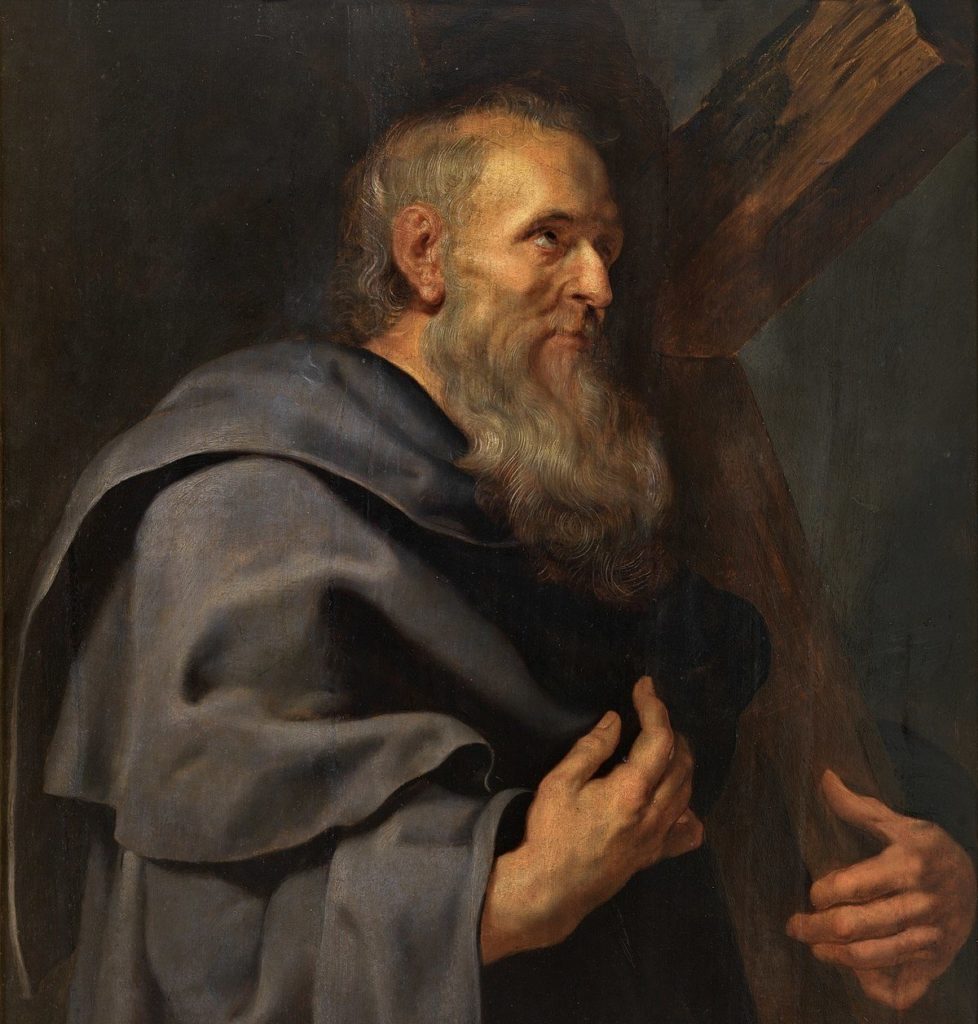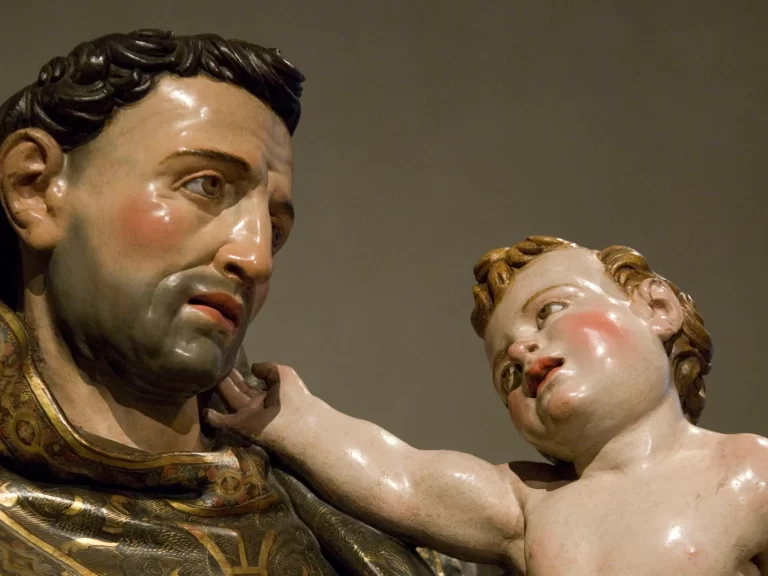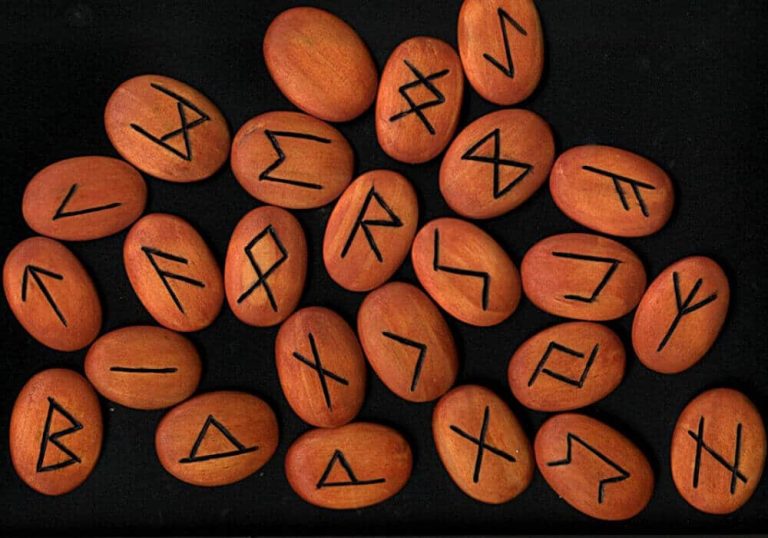Gnosticism: What is it? Meaning, doctrine, philosophy
Gnosticism is a type of thought that the Church considers heresy since it leaves the dogmatic patterns of religion, establishes ideological dualities that compromise the orthodox ideas of religion. Learn more about this topic by reading the following article.
Gnosticism
Gnosticism is considered to be a series of philosophical ideas of a syncretic type that came to be mixed with Christianity many years ago, its influence in the region allowed the Church to declare it as ideas of heresy, which were irreverent thoughts and not in accordance with the dogmas established. But let’s see as we read the article and in a more specific way what is Gnosticism, also know what a Gnostic believer is like.
There are several types of Gnosticism, pagan and Christian, although the last mentioned was considered the most influential in the religious schools of thought of the III and IV centuries, what this doctrine wants to state is that all initiates are not saved by the faith in forgiveness and thanks to the sacrifice of Jesus, but through Gnosis or the understanding of the inner knowledge of the divine.
It is considered a greater wisdom than faith, so that the salvation of any human being is found in their autonomy of divine thought, it is also established as a form of mystical salvation, where Eastern beliefs are mixed with ideas of Greek philosophy, especially those related to Plato.
It confronts good and evil, spirit with matter, for which it establishes a duality of criteria, which uses the options in the world, God and the devil facing each other, the body and soul, and various forms of double content in ideological questions. theological Worse really . Who are the Gnostics? and what are its characteristics.
Characteristics of Gnosticism
What is interesting about this topic is its approach and spiritual duality which can allow us to define criteria in a very clear way, so let’s see why it is so important below:
- It confronts faith versus knowledge, where faith is a kind of inferior knowledge while knowledge is part of a revelation that allows it to be obtained as a form of redemption, at first glance it seems complicated to understand.
- The use of Christology, where an attempt is made to explain how impossible Jesus Christ can be, presented as a divine being and also as a material being, since for Gnosticism matter represents the union and origin with evil, something that generates debates and of current discussions.
- Foundation of a doctrinal dualism, where it expresses the cosmos in a way contrary to what God means, both are opposite entities, since God is totally separated from the material, it is transcendent and the material is considered to go against God, which we know which is not a good thing of course.
- He explains in a different way and seeks to adapt the Greek mythological stories, with the idea of giving interpretation to the “I” which is the human form of the mind and body, trying to explain how a soul can return to a spiritual world.
- It exerts an important pressure in the Christian world, being later depressed and isolated from many religious places, which despite that, became a great influence for Christian and social thought in the Western world.
- It teaches the contents of God in a different, more objective and real way, giving logical answers to the presence of God in the world, it explains that no one is needed to save the world but the world saves itself through man.
- He maintained the idea of condemning matter, being a propellant of some punishments towards people with the purpose of martyring the body or thus obtaining the liberation of the spirit, they did not consider the relevant body, since salvation comes only from the soul of man .
- Interprets the situations of the scriptures with respect to Christianity in an allegorical way, gives an interpretation with respect to creation, giving philosophical meanings to all religious ideas Demiurge, who is considered the antithesis and progressive degeneration of spiritual beings
- It is also oriented in the human hierarchies, where the initiates are at the top, they are the ones who maintain themselves thanks to their spirituality, they can experience gnosis and access salvation, below them are the Christians and what maintains their soul. sensitive, in the lowest part are those who worship the body who will never obtain salvation.
History
The story will be mentioned below:
This current of thought has been established since the beginning of our era, when Valentine of Alexandria, also called the First Gnostic, arrived in Rome with the renewing ideas of a religious type, he was considered a great spiritual intellectual, and greatly influenced the beginnings of the Church in the 2nd century AD
He had a very important role in the development of these ideas, so much so that he was considered to be Bishop of Rome, among his legacy is also Paul of Samosata, who was the author of the great Gnostic work “Heresy on the nature of Christ”.
The Movement maintains a difference with respect to the established moral rules, it maintained the moral freedom of the perfect, for many years it was viewed with suspicion, until finally in the second century it was officially declared as a movement of heretics.
This current reached Egypt and some regions of the Middle East where it had a great influence, descriptions have been achieved that reflect the true ideas of Gnosticism in a different way. These revelations have made this current of religious thought to be seen these days as something interesting and worth analyzing.
What is Gnosticism?
Called modern Gnosticism, it is a current that has been developing in recent years, it has taken as a base and reference the ideas of Gnosticism from the beginning of our era. It manifests itself through various religious movements from the nineteenth century.
After the discoveries in Egypt in 1945 about manuscripts elaborated by the Egyptian Gnostic Nag Hammadi, the world Gnostic movement began to manifest itself throughout the world.
Although there are some differences with initial Gnosticism, Gnosticism poses strong criticism of the orthodox ideas of the Church and its movement, currently being a current that ideologically confronts Catholicism and other Christmas currents of Judaism.
philosophical Gnosticism
This variant of the main current was created by the thinker by Max Scheler, who interprets Gnosticism as a current that is sustained by the need for knowledge in order to achieve salvation, these types of ideas reflect the saving character that only the knowledge.
The thinker placed esotericism and Hegel in the same place, who despite being materialists consider that the situation of God was a subject that could not be left aside, and for this reason it should be studied and analyzed with great care.
The situation of ideas formed a confrontation between esoteric Gnosticism that promoted many proposals that supported the duality of criteria regarding the existence of a supreme being, Scheler promoted these goddesses for many years that still persist in various schools of philosophy and thought of the great universities and theological schools of the world.
Gnosis and God
In philosophy the term represents treatment of stable ideas, while in religion it is determined as the real ideas of Christianity, but Gnostic in some religious sects refers to the members of some specific spiritual current.
It is believed in some currents of thought that the Gnostics collect all the ideas related to heresy, their concepts establish a whole movement that included schools, sects and very common characteristics among the followers.
Gnosis is knowledge that leads to salvation according to its own followers, it is obtained through its own regulation that only initiates have the power to discover. This ideological current never denies the existence of God, but rather recognizes and represents him as an entity that is above anything material, so it is impossible for them to unite him with the material actions of man.
In recent years, some contemporary thinkers have come to consider current Gnosticism as a new religion of a pagan type that even for many was formed before Christianity.
Summary
Gnosticism and its meaning is more than a religious idea, it is a term that brings together another cluster of religious ideas and systems that began to be promoted in the 1st and 2nd centuries AD, stating that everything found in the world was created by God who through a divine spark fosters knowledge in the human being.
The spark remains inserted in the body of man and can be released in order to achieve the real essence of the human being and to be able to identify it with God, from there you can really discover where evil comes from.
It is established as a renewed and very interesting idea that current religious philosophers and theologians are considering to establish it in modifying criteria of the Church.

Hello! Let me enthusiastically introduce myself as a dedicated blogger fueled by an intense passion for meticulously crafting insightful and well-researched blogs. My mission revolves around providing you, dear readers, with a veritable treasure trove of invaluable information.







